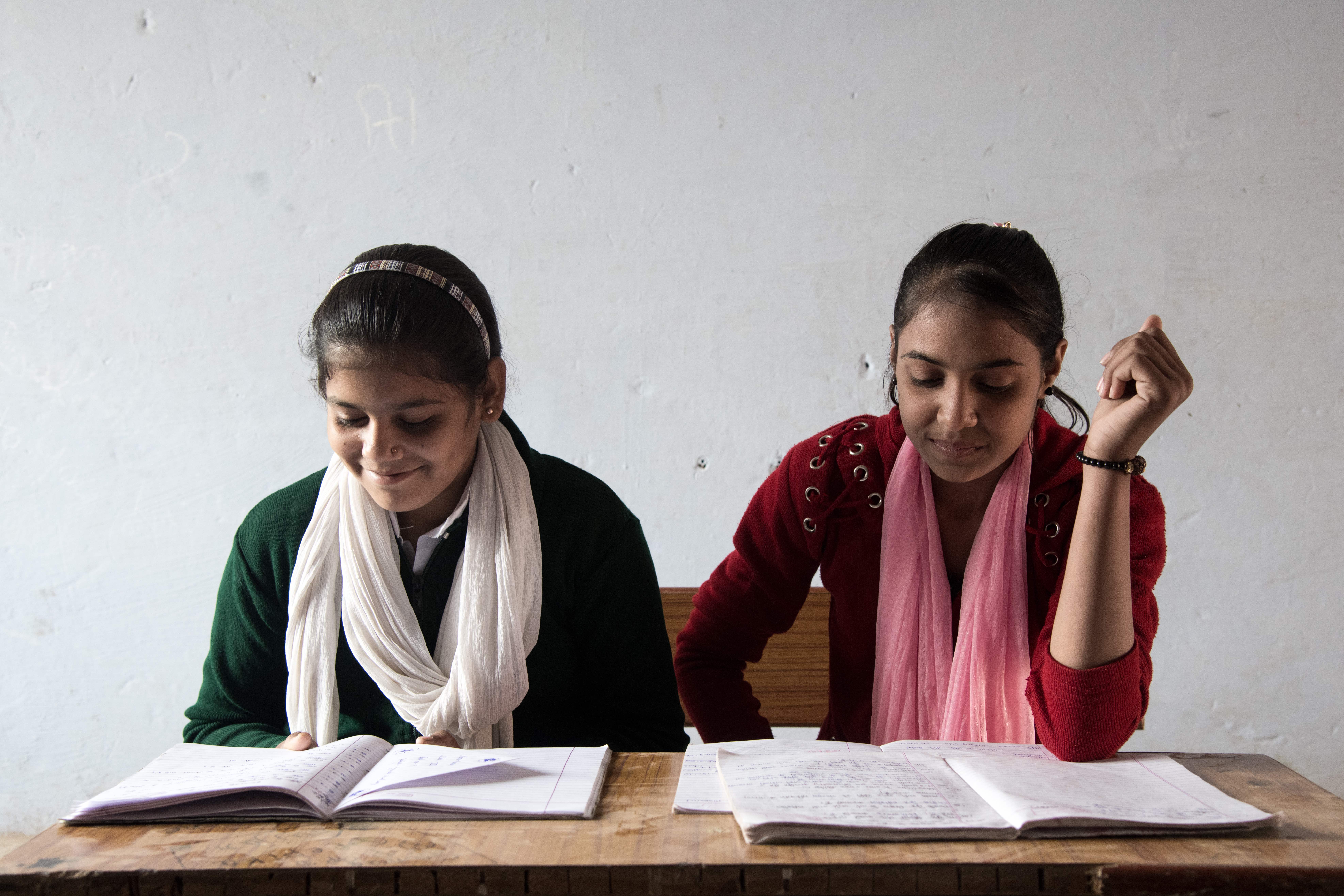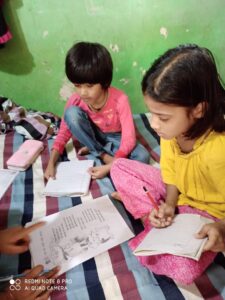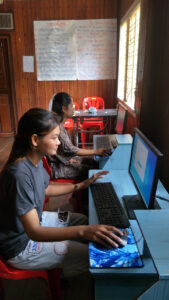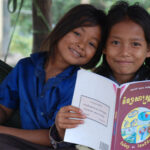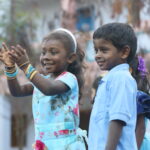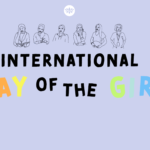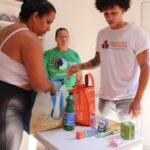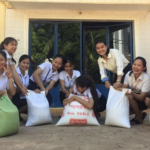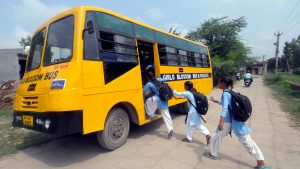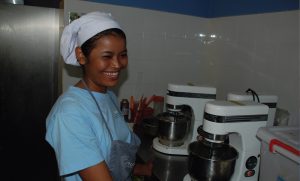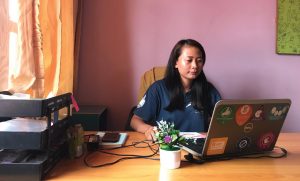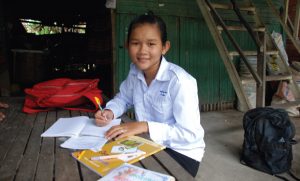The Pandemic and a Global Education Crisis
At the heart of the pandemic is an education crisis. Access to education is under threat, particularly for children from low income and marginalized communities. Children have never been more vulnerable to dropping out of school, especially girls. Nearly 1.6 billion children from 190 countries were out of school at the height of the pandemic. Children from lower income families who already struggle for access to education are disproportionately affected by school closures and subsequent challenges. The pandemic will have short and long-term impacts on communities around the world, affecting not only this generation, but potentially those to come. It is expected that girls from marginalized communities will be the most affected by challenges posed.
Lotus Outreach continues to operate our programs where possible, serving the most vulnerable families, communities, and students with crucial support so that families do not give up. Our team is working tirelessly to ensure the children and female scholarship recipients we serve stay connected and committed to their educational goals even as schools remain closed. Our support ranges from home check-ins, monthly meetings and ensuring internet access to providing nutritional support or bicycle transportation to families in need.
Education is the key to empowering children, especially girls, with the opportunity to lead empowered lives and break the cycle of intergenerational poverty. Despite challenges, we are committed to the communities we serve and to ensuring continual access to quality education.
A crisis like covid has a rippling effect on communities. On a global scale the pandemic has resulted in unemployment and lower household income, closure across sectors, and has subsequently placed huge demands on public health systems. Low income communities will take the largest toll with little support with regards to health and sanitation needs and psychological well being.
With increased financial pressure on families, children’s education can be seen as an unnecessary cost. With many other factors causing stress and needing attention during crisis, education can often fall by the wayside. The combination of challenges that come into effect during a crisis disproportionately affect marginalized populations and children are often forced to drop out to help make ends meet, to carry water, to earn a wage, to cook and clean. In cases where families have to choose who to send to school, boys’ education is still prioritized and families expect girls to take on domestic work.
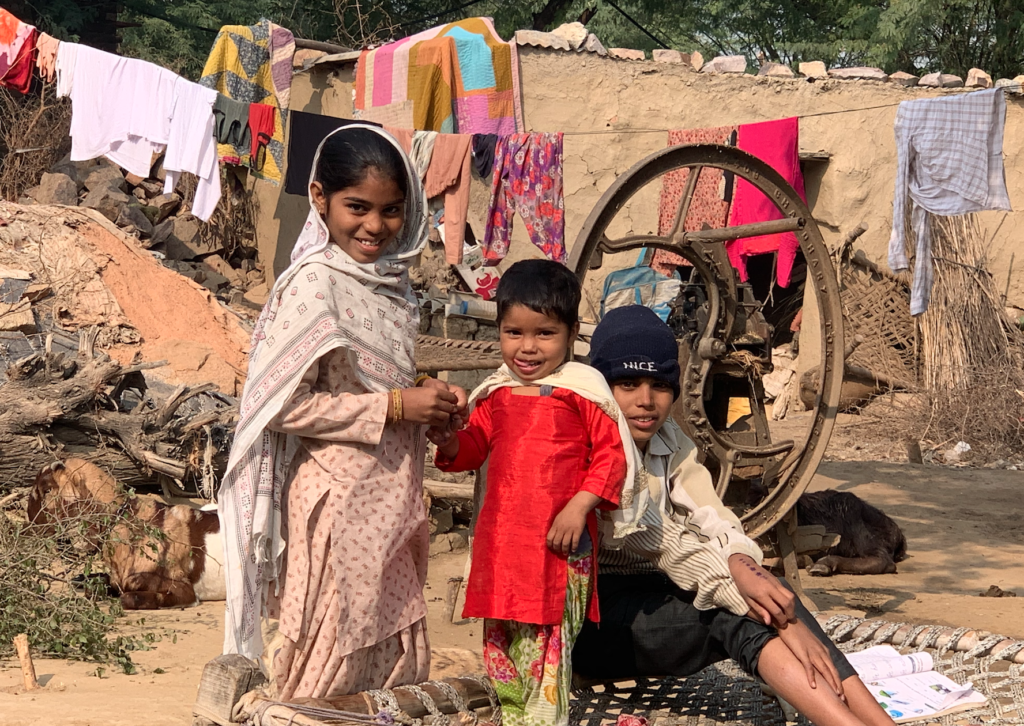
Girls, when not in school face danger of violence, sexual abuse, early marriage and pregnancies, all of which hinder their ability to return to school, even after they reopen. Financial burdens on families increase as many things are shut down and girls become breadwinners or domestic help for their families. A recent study by the Malala fund takes data from the Ebola crisis (2014-2016) to better understand the implications of our current crisis on education. The study estimates that 20 million girls’ access to education could be temporarily if not permanently stalled because of the virus and subsequent challenges discussed above, most of these girls are in South and West Asia. During a crisis the difficulties that marginalized populations face are only exacerbated and girls are, in Malala’s words, “the first to be removed from school and the last to return — if they go back at all..”
A further challenge posed by the closure of schools is the shift to online learning. Many countries have provided online education while schools have remained closed through the pandemic. However, this has also brought to the fore the digital divide, particularly in poorer countries and communities where ability to access the internet, technology, and even electricity are not a given. Online learning also requires the support of families and during crises in particular, the extra difficulties in making the internet available for children may be low on the list of priorities. 360 million young people lack access to the internet and girls are even less likely to have access to technology- in rural India, only 28% of women have access to technology and across the country, girls are 33% less likely to have access to the internet than boys in the same age range.
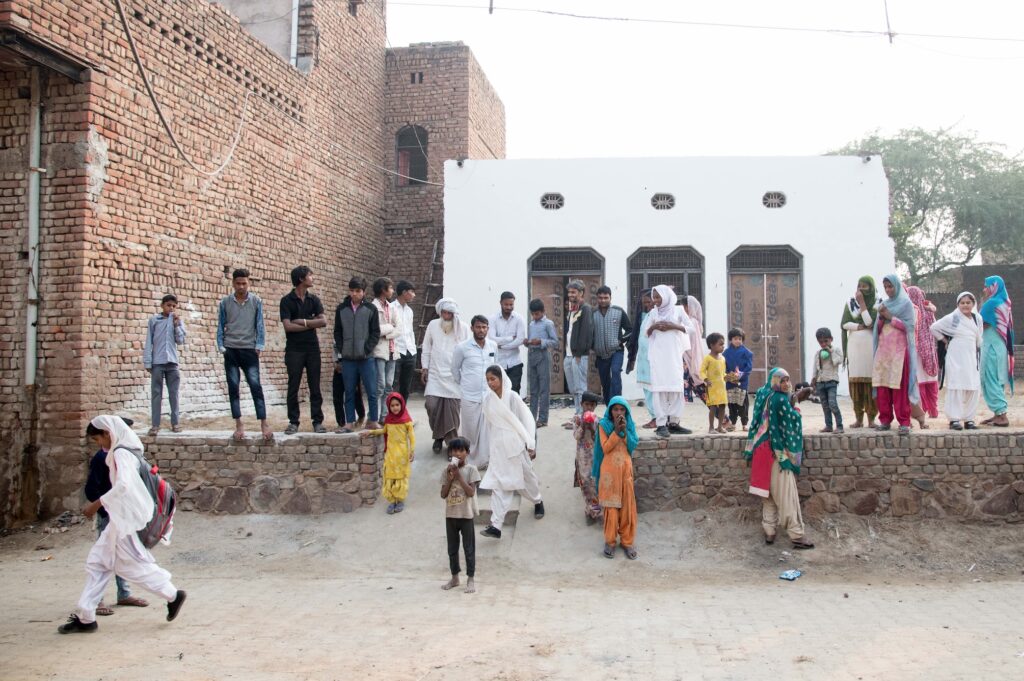
The difficulties posed by covid are not just occurring at a family level, but also on a governmental one. In India for example, funding allocated towards education and specifically the promotion and support of girls’ education which has seen a huge leap in recent years (dropping by 79 million girls over the past two decades), has been reallocated to the covid response and health sectors. If governments cut funding to schools in poorer countries, teachers and staff will not have the resources to reopen safely in the wake of the pandemic and students will not have the support they need to safely return to school- the cycle continues along grim lines.
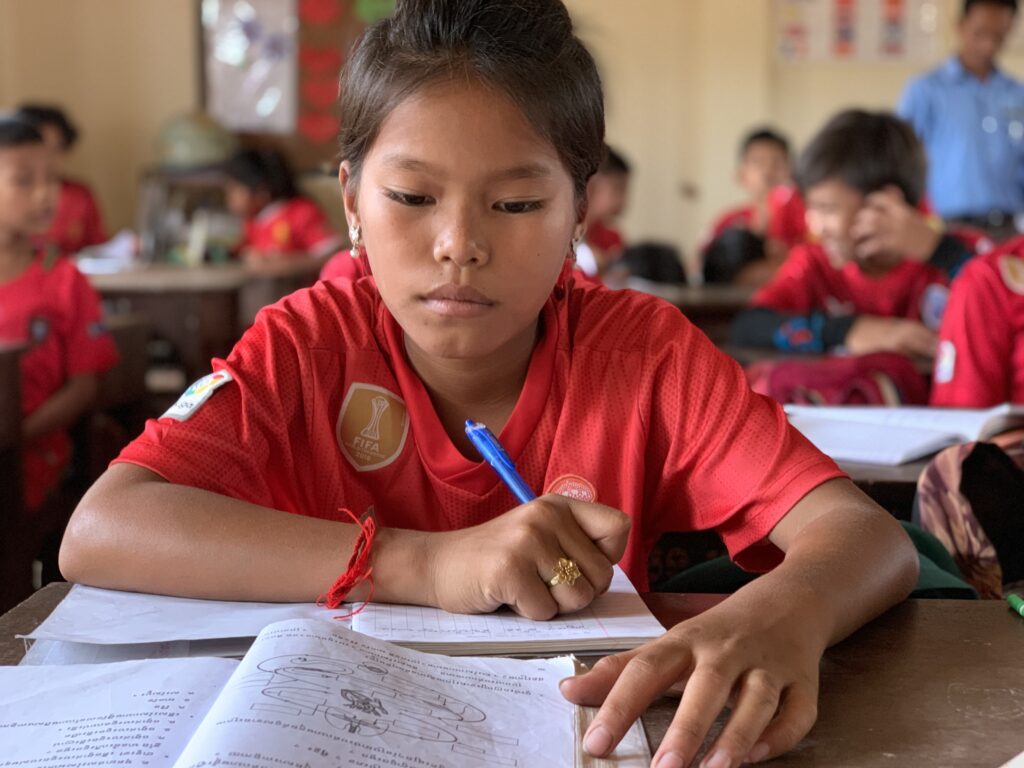
But even without a health crisis like the one we currently face, low income communities face an education crisis, with 250 million children out of school. Girls from low income communities are of course the most vulnerable- UNICEF reports that globally, 1 in 3 adolescent girls from low income households have never attended school and that only 25% of these girls complete their primary education. Crises build on already existing inequalities and exacerbate the challenges faced by poorer communities, specifically for girls whose right to education is a hard won battle.
Lotus Outreach has continued to operate programs that serve the most vulnerable communities, women, and children throughout the pandemic. In India our EQU+ and Buddha Smiles programs have been heartwarmingly in-step through keeping 1,270 children connected to learning at after school classes despite school lockdowns as well as providing the neediest families with 8,000 meals during the height of the pandemic. Through ASHA we were also able to distribute 5,000 masks and 22,500 soap bars to 150 villages in rural Rajasthan. In Cambodia, we have ensured the 318 scholarship girls under our support have stayed connected to their educational goals despite school closures. Many of their families have received nutritional rice support and bicycles to reach school for teacher led education initiatives.
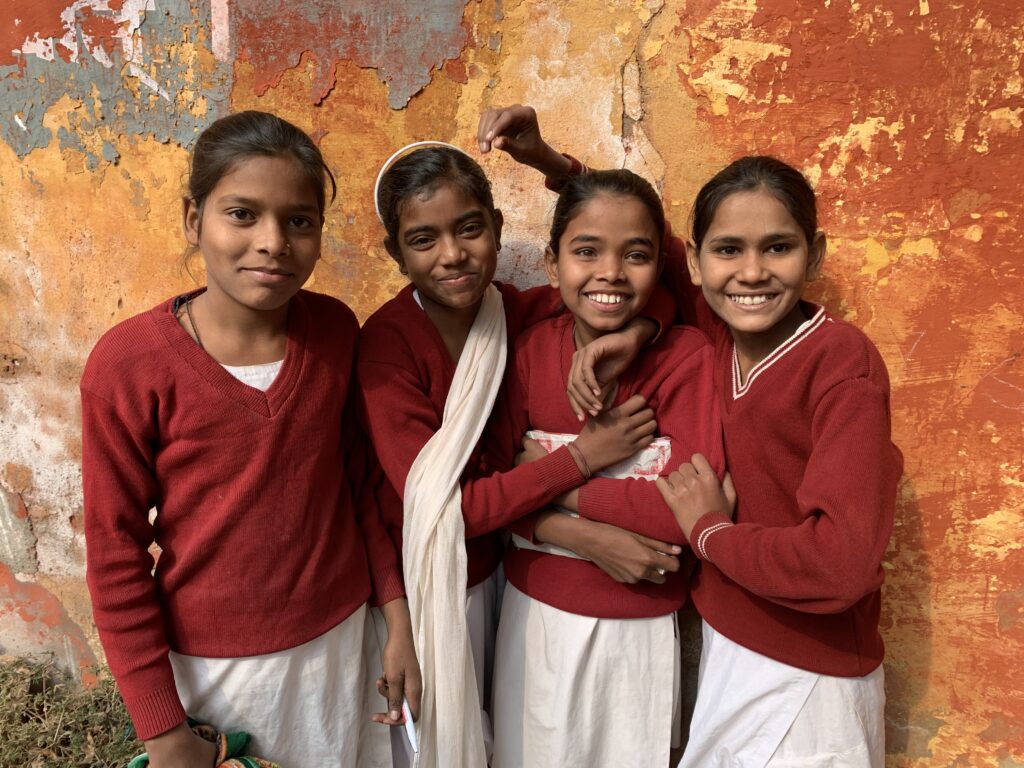
While change makers and organizations around the world are rallying to come up with solutions to the challenges presented by covid, the full effect of the pandemic may not be realized until much later. It is imperative to support children in their continued pursuit of education in every way that we can today and into the future.
Our mission feels more relevant than ever and we invite you to join us in serving and protecting the most vulnerable at this time. We must ensure that the right to education is cherished before, during and after the pandemic.

